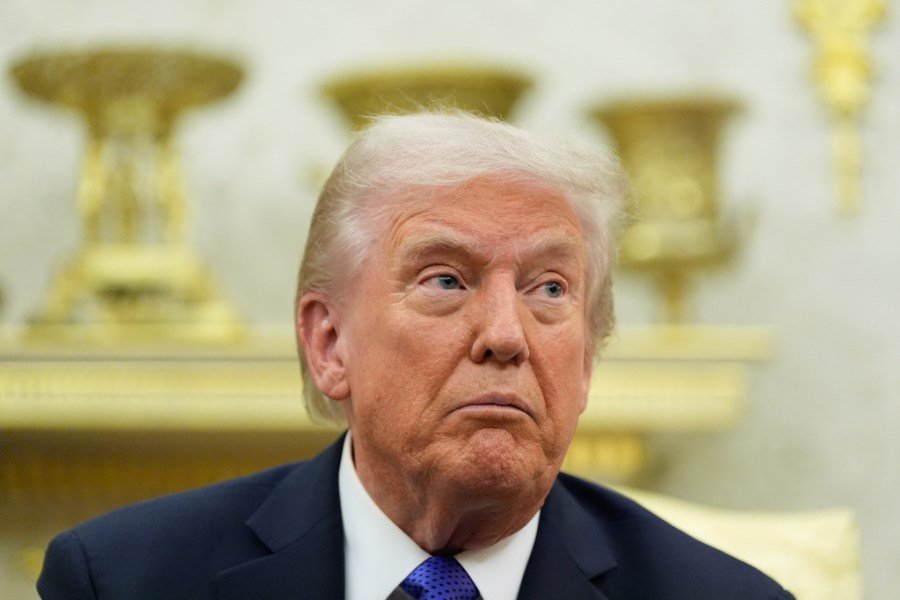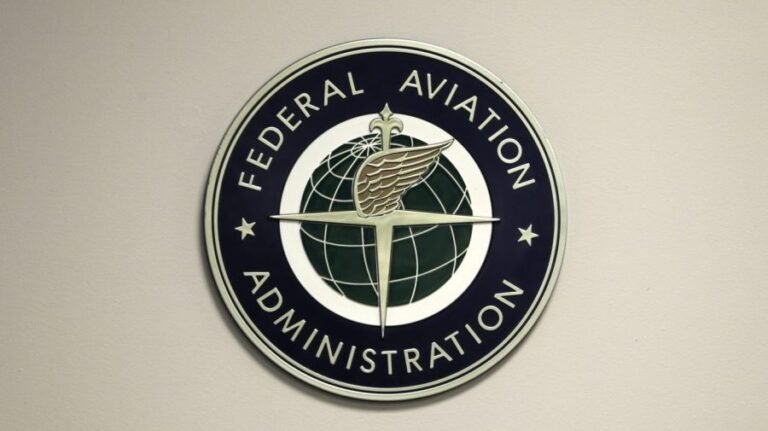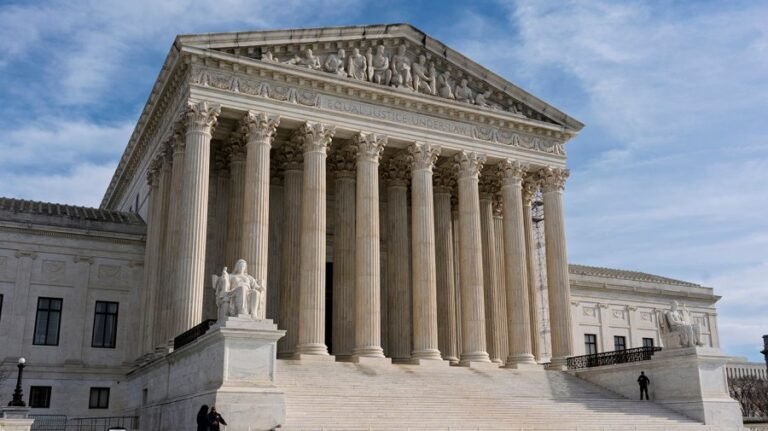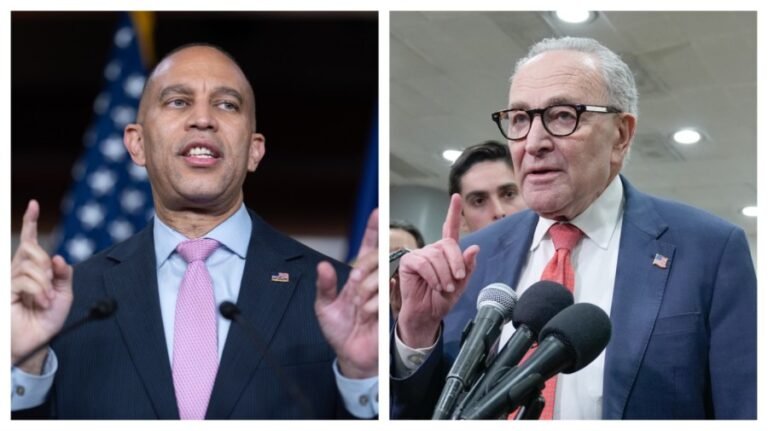
The death penalty is a travesty when it is used against anyone. It is called the ultimate penalty for a reason. In the American legal tradition, it is only to be imposed after a careful weighing of evidence and consideration of the appropriateness of taking someone’s life as a punishment for crime.
That is why news of the Trump administration’s campaign of bombing boats off the coast of Venezuela and in the Pacific Ocean off Mexico should be so disturbing to all Americans. It is a glaring example of the president’s “shoot first, ask questions later” approach to the world.
I have no sympathy for people bringing deadly drugs into this country and believe that everything should be done to stop them — so long as those things are legal. A decent nation behaves decently even toward those who do indecent things. Caring about the fate of others, no matter who or where they are, is a mark of that decency. Why should those killed not have been interdicted, seized and afforded some kind of due process?
And what kind of operation is it when American warplanes drop bombs on targets on the high seas or the coastal waters of another sovereign nation? If it is not the kind of law enforcement operation that would require due process before any “punishment” is imposed, is it war or the kind of “hostilities” contemplated when Congress passed the War Powers Resolution?
The War Powers Resolution was passed in 1973 in the wake of the ill-fated Vietnam War, in which several presidents committed armed forces to fight in a conflict halfway around the world. It required the commander in chief to report to Congress any time that “United States Armed Forces are engaged in hostilities outside the territory of the United States, its possessions and territories without a declaration of war or specific statutory authorization.”
The War Powers Resolution gives the president a 60-day window to continue “hostilities,” and directs that they be ended unless “Congress (1) has declared war or has enacted a specific authorization for such use of United States Armed Forces, (2) has extended by law such sixty-day period, or (3) is physically unable to meet as a result of an armed attack upon the United States.”
That seems simple enough. But on Nov. 1, The New York Times reported that “The Justice Department told Congress … that President Trump could lawfully continue his lethal military strikes on people suspected of smuggling drugs at sea, notwithstanding a time limit for congressionally unauthorized deployments of armed forces into ‘hostilities.’”
The administration contends that the operation does not involve the kind of “hostilities” covered by the War Powers Resolution; its explanation was positively Kafkaesque.
“American service members were not in danger because the boats suspected of smuggling drugs were mostly being struck by [unmanned] drones far from naval ships carrying U.S. forces,” the report said. The drones, it added, had been “‘launched from naval vessels in international waters at distances too far away for the crews of the targeted vessels to endanger American personnel.’”
Even if one were to buy this argument, it does not attempt to justify the bombings as actions taken in self-defense.
So that brings us back to capital punishment. Trump has repeatedly called for the execution of drug dealers. In 2023, he promised that if he were returned to the Oval Office, he would make sure that “everyone who sells drugs, gets caught selling drugs, (would) receive the death penalty for their heinous acts.”
A year later, he returned to the same theme: “We’ve never had massive amounts of drugs pouring into our country. … You’ll never solve the problem without the death penalty.”
And, as in many things, Trump’s idea of justice is that it should be swift. Think of masked ICE agents picking up people from the streets and spiriting them away. Think about getting them out of the country before court orders could be committed to writing.
We only need to look at what Trump has said and what he has done to see the bombings of alleged drug traffickers for what they are: capital punishment without accusation, defense or trial.
Just the judgment of one man and his cronies — judgments that he thinks only he is entitled to make. That sense of entitlement is more appropriate for someone who imagines himself to be America’s sovereign than a president in a constitutional republic.
Sovereigns have the right, some political philosophers say, to take and to spare life, to decide whose crimes to forgive and whose lives should be ended. That is why our president loves the constitutional clemency power, and why he appears to rest comfortably with taking life whenever it suits him.
But the rest of us should not, whether the lives he takes are here at home or on the high seas.
Austin Sarat is the William Nelson Cromwell Professor of Jurisprudence and Political Science at Amherst College.


